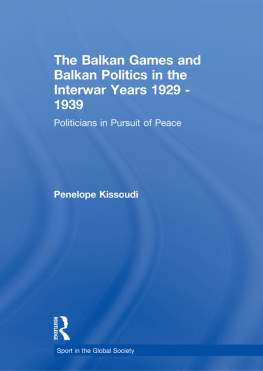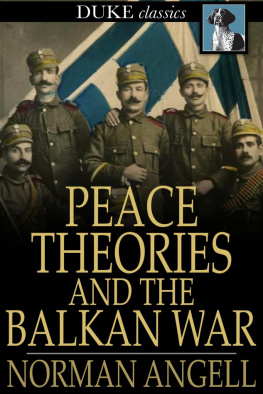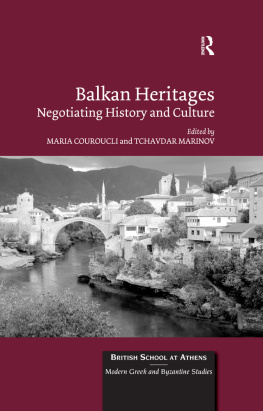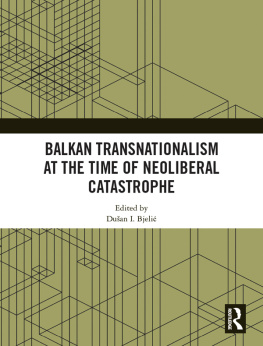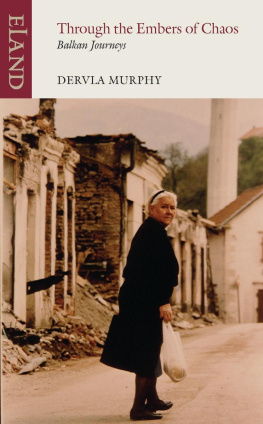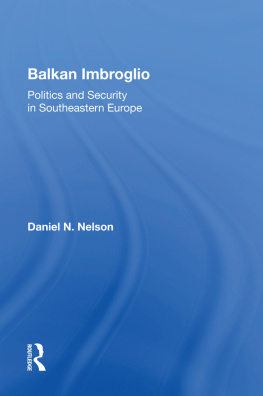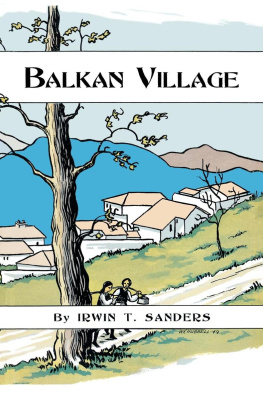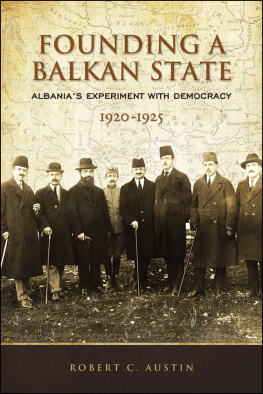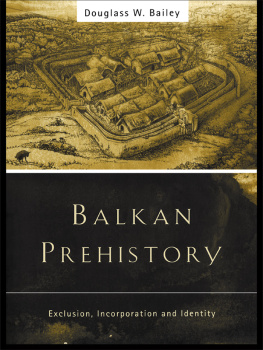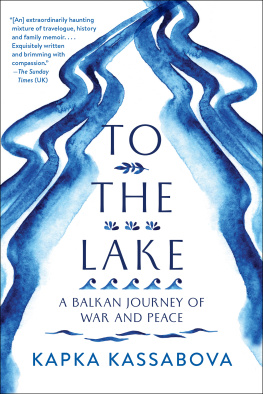The Balkan Games and Balkan Politics in the Interwar Years 1929-1939
The Balkan Games resulted on the one hand from the growth of modern European sport and the unsatisfactory performances of the Balkan athletes at national and international level, and on the other hand, from a desire to bring the Balkan peoples together in peace and concord. The Games were initiated in Athens in 1929 and increasingly became an integral part of the political, cultural and social life of the area. The common global reality is that when an athletic event is staged, attempted friendship seldom receives priority. In the 1930s, however, the Balkan Games provided a rare example of an international athletic event bringing antagonistic states together in friendship. This consideration of the significance of the Balkan Games as an instrument of political optimism provides clear evidence of the occasional positive influence of sport in politics. The work is a case-study of interest to political and social scientists and to historians of Europe and sport.
This book was previously published as a special issue of the International Journal of the History of Sport.
Penelope Kissoudi is affiliated with the University of Thessaloniki, Greece.
The Balkan Games and Balkan Politics in the Interwar Years 1929-1939
Politicians in Pursuit of Peace
Penelope Kissoudi
First published 2009
by Routledge
2 Park Square, Milton Park, Abingdon, Oxon, OX14 4RN
Simultaneously published in the USA and Canada
by Routledge
270 Madison Avenue, New York, NY 10016
Routledge is an imprint of the Taylor & Francis Group, an informa business
2009 Penelope Kissoudi
Typeset in Minion by Value Chain, India
Printed and bound in Great Britain by MPG Book Group
All rights reserved. No part of this book may be reprinted or reproduced or utilised in any form or by any electronic, mechanical, or other means, now known or hereafter invented, including photocopying and recording, or in any information storage or retrieval system, without permission in writing from the publishers.
British Library Cataloguing in Publication Data
A catalogue record for this book is available from the British Library
ISBN10: 0-415-48645-9
ISBN13: 978-0-415-48645-3
SPORT IN THE GLOBAL SOCIETY was launched in the late nineties. It now has over one hundred volumes. Until recently an odd myopia characterised academia with regard to sport. The global groves of academe remained essentially Cartesian in inclination. They favoured a mind/body dichotomy: thus the study of ideas was acceptable; the study of sport was not. All that has now changed. Sport is now incorporated, intelligently, within debate about inter alia ideologies, power, stratification, mobility and inequality. The reason is simple. In the modern world sport is everywhere: it is as ubiquitous as war. E.J. Hobsbawm, the Marxist historian, once called it the one of the most significant of the new manifestations of late nineteenth century Europe. Today it is one of the most significant manifestations of the twenty-first century world. Such is its power, politically, culturally, economically, spiritually and aesthetically, that sport beckons the academic more persuasively than ever to borrow, and refocus, an expression of the radical historian Peter Gay to explore its familiar terrain and to wrest new interpretations from its inexhaustible materials. As a subject for inquiry, it is replete, as he remarked of history, with profound questions unanswered and for that matter questions unasked.
Sport seduces the teeming global village; it is the new opiate of the masses; it is one of the great modern experiences; its attraction astonishes only the recluse; its appeal spans the globe. Without exaggeration, sport is a mirror in which nations, communities, men and women now see themselves. That reflection is sometimes bright, sometimes dark, sometimes distorted, sometimes magnified. This metaphorical mirror is a source of mass exhilaration and depression, security and insecurity, pride and humiliation, bonding and alienation. Sport, for many, has replaced religion as a source of emotional catharsis and spiritual passion, and for many, since it is among the earliest of memorable childhood experiences, it infiltrates memory, shapes enthusiasms, serves fantasies. To co-opt Gay again: it blends memory and desire.
Sport, in addition, can be a lens through which to scrutinise major themes in the political and social sciences: democracy and despotism and the great associated movements of socialism, fascism, communism and capitalism as well as political cohesion and confrontation, social reform and social stability.
The story of modern sport is the story of the modern world in microcosm; a modern global tapestry permanently being woven. Furthermore, nationalist and imperialist, philosopher and politician, radical and conservative have all sought in sport a manifestation of national identity, status and superiority.
Finally, for countless millions sport is the personal pursuit of ambition, assertion, well-being and enjoyment.
For all the above reasons, sport demands the attention of the academic. Sport in the Global Society is a response.
J.A.Mangan, Boria Majumdar
and Mark Dyreson Series Editors
Sport in the Global Society
Sport in the Global Society
Series Editors: J.A. Mangan, Boria Majumdar and Mark Dyreson
The Balkan Games and Balkan Politics in the Interwar Years 1929-1939
Politicians in Pursuit of Peace
Sport in the Global Society
Series Editors: J.A. Mangan, Boria Majumdar and Mark Dyreson
As Robert Hands in The Times recently observed the growth of sports studies in recent years has been considerable. This unique series with over one hundred volumes in the last decade has played its part. Politically, culturally, emotionally and aesthetically, sport is a major force in the modern world. Its impact will grow as the world embraces ever more tightly the contemporary secular trinity: the English language, technology and sport. Sport in the Global Society will continue to record sports phenomenal progress across the world stage.
Africa, Football and FIFA
Politics, Colonialism and Resistance
Paul Darby
Amateurism in British Sport
It Matters Not Who Won or Lost
Edited by Dilwyn Porter and Stephen Wagg
Amateurism in Sport
An Analysis and Defence
Lincoln Allison
Americas Game(s)
A Critical Anthropology of Sport
Edited by Benjamin Eastman, Sean Brown and Michael Ralph
American Sports
An Evolutionary Approach
Edited by Alan Klein
A Social History of Indian Football
Striving to Score
Kausik Bandyopadhya and Boria Majumdar
A Social History of Swimming in England, 18001918
Splashing in the Serpentine
Christopher Love
A Sport-Loving Society
Victorian and Edwardian Middle-Class England at Play
Edited by J.A. Mangan
Athleticism in the Victorian and Edwardian Public School
The Emergence and Consolidation of an Educational Ideology, New Edition
J.A. Mangan
Australian Beach Cultures
The History of Sun, Sand and Surf
Douglas Booth
Australian Sport
Antipodean waves of change
Edited by Kristine Toohey and Tracy Taylor

